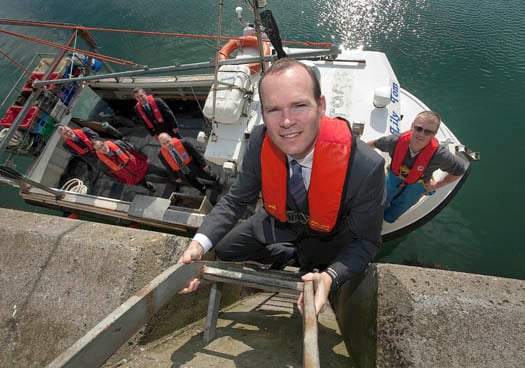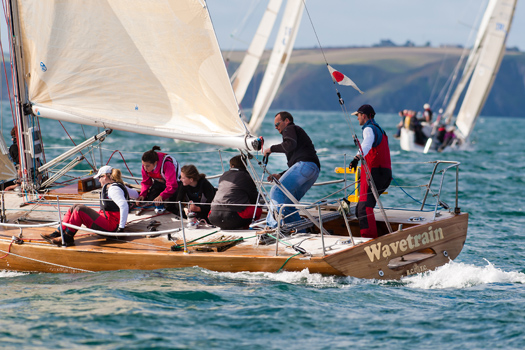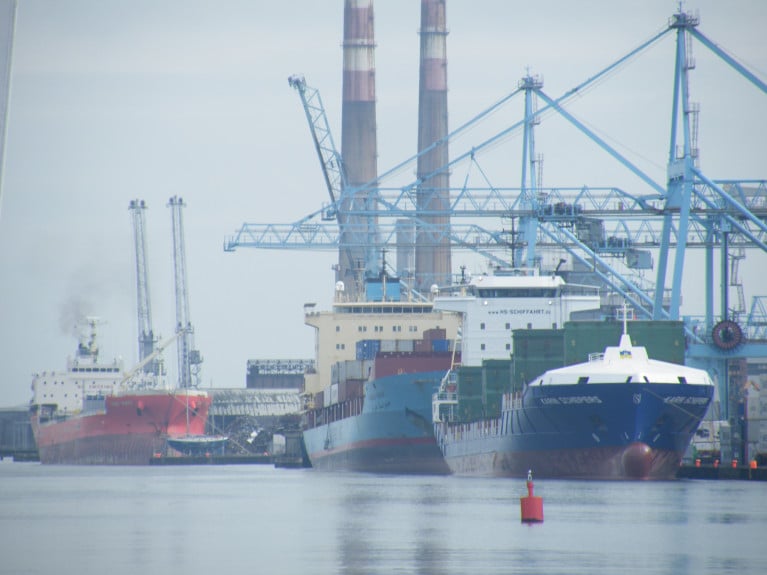Displaying items by tag: cabinet
Cabinet told Dublin Port Not Yet Ready for Brexit
The Cabinet has heard that Dublin Port is not yet ready for the looming Brexit deadline and needs another inspection facility.
On Tuesday Ministers discussed how prepared Irish ports and airports are infrastructurally. The Cabinet was told that while airports were on target, and Rosslare Port is also prepared, an inspection facility is still needed in Dublin Port.
Minister were updated on the looming Brexit deadline and a number of “high-level risks” that have been identified, including potential delays and blockages at UK ports for Irish operators.
Minister for Foreign Affairs Simon Coveney is due to introduce a new Brexit omnibus Bill in the coming weeks to prepare Ireland for the changes that will arise at the end of the transition period.The Bill will consist of 21 parts under the remit of 11 Ministers.
The Irish Times reports also on the Climate Action Bill.
Simon Coveney Appointed Marine Minister
Cork sailor Simon Coveney (38) has been appointed as Minister of Agriculture, Food and Marine in the new cabinet of the Fine Gael/Labour Government formed yesterday.
The announcement has been welcomed by various marine interests pleased to see Marine back at the cabinet for the first time since the Department was dismantled by Fianna Fail's Bertie Ahern in 2002.

Marine Minister Simon Coveney TD
The appointment means Taoiseach Enda Kenny has kept good an election promise to reinstate the Marine department. A decade of lost opportunties has meant the sector has suffered through lack of infrastructure and coastline planning.

Simon Coveney at the helm of his yacht Wavetrain. Photo: Bob Bateman
"Simon is someone who understands the Sea as a sailor himself but also in his work as an MEP where he was involved in a number of major European maritime projects. This is a great opportuinty for the Marine. We look forward to working with him to develop this untapped resource." said David O'Brien of the Irish Marine Federation.
Simon was first elected to the Dáil in 1998 as one of Fine Gael's youngest TD's aged 26. He replaced his father Hugh Coveney TD following his untimely death.
Simon follows his father in to the post of Marine Minister. Hugh held the post in 1994.
Simon holds a B.Sc. in Agriculture and Land Management from Royal Agriculture College, Gloucestershire. He was also educated at Clongowes Wood College, County Kildare; University College Cork, and Gurteen Agricultural College, County Tipperary.
A keen fan of all competitive sport he has worked as a sailing instructor at his club Royal Cork Yacht Club in Crosshaven and been involved in many sailing regattas.
In 1997/8 he led the "Sail Chernobyl Project" which involved sailing a boat 30,000 miles around the world and raising €650,000 for charity.
In 2006 he contributed to RTE's series The Harbour and in a memorable quote, the Cork TD and former MEP said: "When somebody asks me the question, what's the one thing that's special about Cork?, I'd say the harbour."































































